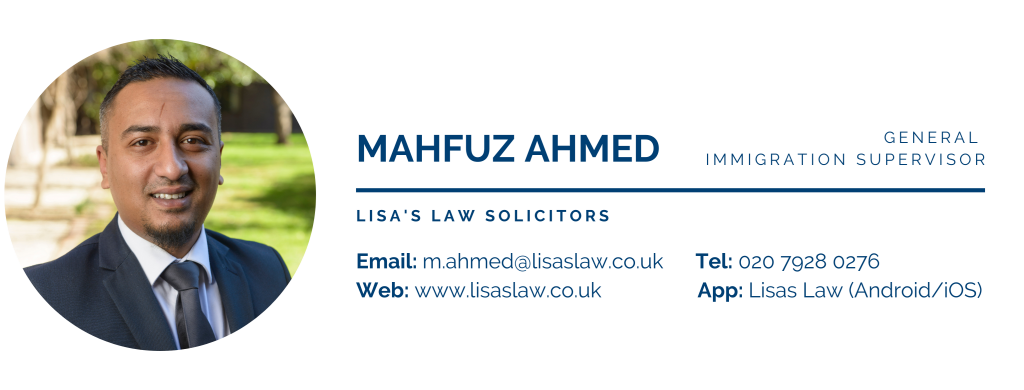For a will to be legally valid, the testator (the person making the will) must have the mental capacity to do so, intend to make a will, and adhere to the required legal formalities. While compliance with these formalities can often be verified by reviewing the will, assessing the testator’s mental ability (known as testamentary capacity) and intention is far more complex.

These concerns typically surface after the testator’s death, making it challenging to determine whether they genuinely understood and intended the provisions of their will.
The recent case of Langley v Qin illustrates how the Court can set aside a will on the grounds of lack of testamentary capacity, lack of knowledge and approval, and undue influence. It also brings to light the dangers of predatory marriages, where one party may seek to marry a vulnerable individual with the intention of inheriting their estate.
Background
The cases involved the late Robert Harrington (Mr Harrington), who passed away in May 2020 at the age of 94. Approximately a year before his death, Mr Harrington married his carer, Guixiang Qin (Ms Qin), who was 54 years old at that time. Two months before his death, Mr Harrington executed a will leaving his entire estate, valued at £680,000, to Ms Qin. He also appointed her as the sole executrix, excluding his only daughter, Jill Langley (Ms Langley), entirely. Mr Harrington had been married for 66 years before becoming a widower, and his only child was Ms Langley.
After Mr Harrington’s death, Ms Langley contested the will, alleging that her father had been coerced into a predatory marriage. She sought to have the will set aside on the grounds of Mr Harrington’s lack of testamentary capacity, lack of knowledge and approval of the will’s contents, and undue influence exerted by Ms Qin.
Testamentary capacity
The Court found that Mr Harrington lacked testamentary capacity due to a paranoid delusional disorder, supported by medical records indicating he was in a “delusional state of mind”. For example, he falsely believed he had been a major in the army. This mental state undermined his ability to make a valid will.
Knowledge and approval
The Court also concluded that Mr Harrington did not fully understand or approve the contents of the will. There was evidence to show that he had not read the draft will, and there were no credible attendance notes or oral evidence from the solicitors who drafted the will to confirm his understanding of it.
Undue Influence
Following the decision in Rea v Rea [2024] EWCA Civ 169, the Court found that Ms Qin had exerted undue influence over Mr Harrington. Evidence demonstrated that she controlled and manipulated him for financial gain, including impersonating Mr Harrington in correspondence, using his debit and credit cards, and accessing his online accounts. The Court also finds that Ms Qin approached multiple local solicitors until the one willing to draft the will for Mr Harrington.
What is a Predatory Marriage?
A predatory marriage occurs when one party marries another with the intention of inheriting their estate. Under current law, as established in Re Roberts [1978] 1 WLR 654, the Court cannot set aside a predatory marriage after one spouse’s death. The legal threshold for determining mental capacity for marriage is notably lower than for making a will. Although concerns about a predatory marriage were raised, the Court could not invalidate Mr Harrington’s marriage to Ms Qin.
Consequently, the marriage was deemed valid, automatically revoking his previous will. With the second will declared invalid, Mr Harrington’s estate will be distributed according to the rules of intestacy under section 46 of the Administration of Estates Act 1925. As the legal spouse, Ms Qin stands to inherit the fixed net sum of £270,000 (on the 27th July 2023, this Statutory Legacy increased in England and Wales from £270,000 to £322,000) and half of the remaining estate.
Key Takeaways
This case underscores the importance of regularly reviewing and updating a will, especially before or after marriage, to ensure that it reflects the testator’s true wishes. It is crucial to remember that marriage automatically revokes any earlier will unless specific provisions are made. For individuals concerned about challenges to their testamentary capacity, seeking professional legal advice when drafting a will is highly recommended.
Additionally, creating a Lasting Power of Attorney (LPA) while mentally capable allows you to appoint trusted individuals to manage your financial and personal affairs, offering additional protection against undue influence or predatory behaviour.
The Langley v Qin case highlights the vulnerabilities in estate planning, especially for elderly or infirm individuals. It serves as a powerful reminder of the need for thorough legal oversight to protect the rights and intentions of those most at risk.
Have questions? Get in touch today!
Call us on 020 7928 0276, phone calls are operating as usual and we will be taking calls from 9:30am to 6:00pm.
Email us on info@lisaslaw.co.uk.
Use the Ask Lisa function on our website. Simply enter your details and leave a message, we will get right back to you: https://lisaslaw.co.uk/ask-question/
For more updates, follow us on our social media platforms! You can find them all on our Linktree right here.























